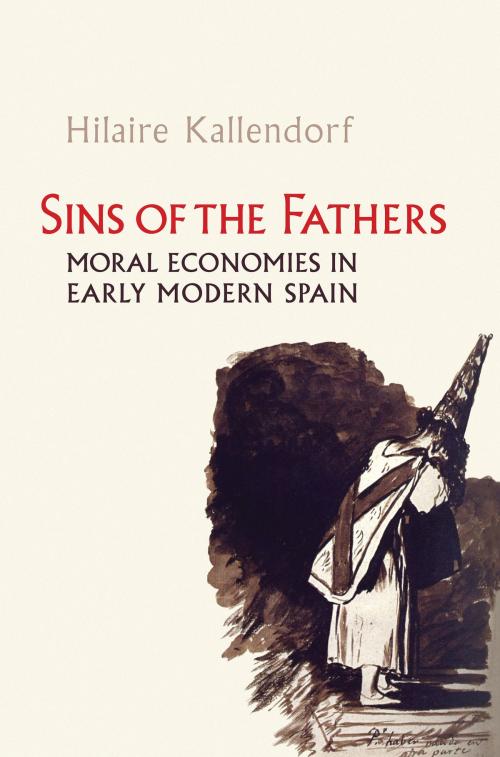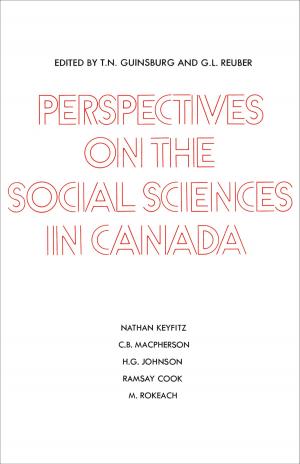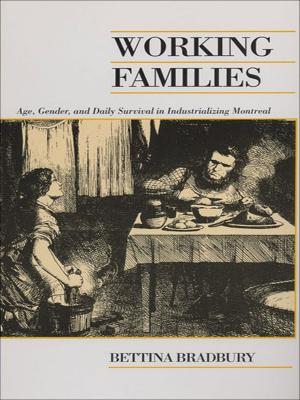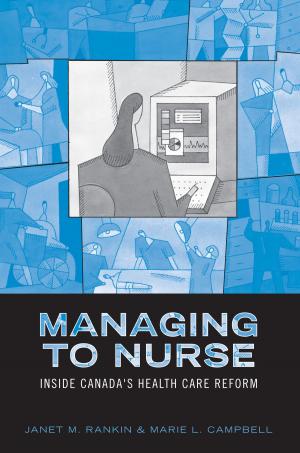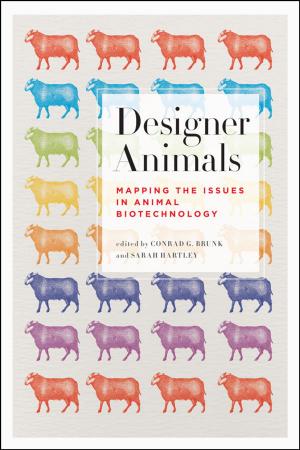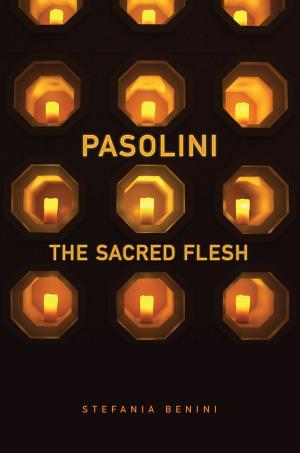Sins of the Fathers
Moral Economies in Early Modern Spain
Nonfiction, History, Renaissance, Religion & Spirituality, Christianity, Church, Church History, Fiction & Literature, Literary Theory & Criticism| Author: | Hilaire Kallendorf | ISBN: | 9781442661028 |
| Publisher: | University of Toronto Press, Scholarly Publishing Division | Publication: | December 6, 2013 |
| Imprint: | Language: | English |
| Author: | Hilaire Kallendorf |
| ISBN: | 9781442661028 |
| Publisher: | University of Toronto Press, Scholarly Publishing Division |
| Publication: | December 6, 2013 |
| Imprint: | |
| Language: | English |
Sins of the Fathers considers sins as nodes of cultural anxiety and explores the tensions between competing organizational categories for moral thought and behaviours, namely the Seven Deadly Sins and the Ten Commandments. Hilaire Kallendorf explores the decline and rise of these organizational categories against critical transformations of the early modern period, such as the accession of Spain to a position of world dominance and the arrival of a new courtly culture to replace an old warrior ethos.
This ground-breaking study is the first to consider Spanish Golden Age comedias as an archive of moral knowledge. Kallendorf has examined over 800 of these plays to illustrate how they provide insight into aspects of early modern experience such as food, sex, work, and money. Finally, Kallendorf engages the theoretical terminology of Marxist literary criticism to demonstrate the inherent ambiguity of cultural change.
Sins of the Fathers considers sins as nodes of cultural anxiety and explores the tensions between competing organizational categories for moral thought and behaviours, namely the Seven Deadly Sins and the Ten Commandments. Hilaire Kallendorf explores the decline and rise of these organizational categories against critical transformations of the early modern period, such as the accession of Spain to a position of world dominance and the arrival of a new courtly culture to replace an old warrior ethos.
This ground-breaking study is the first to consider Spanish Golden Age comedias as an archive of moral knowledge. Kallendorf has examined over 800 of these plays to illustrate how they provide insight into aspects of early modern experience such as food, sex, work, and money. Finally, Kallendorf engages the theoretical terminology of Marxist literary criticism to demonstrate the inherent ambiguity of cultural change.
